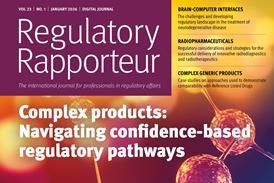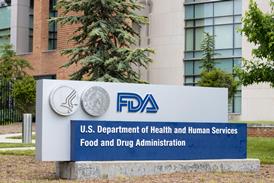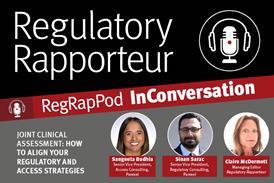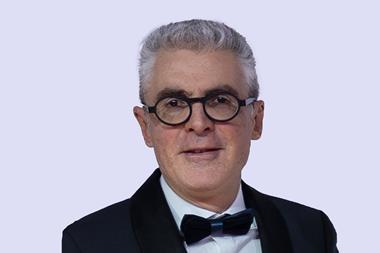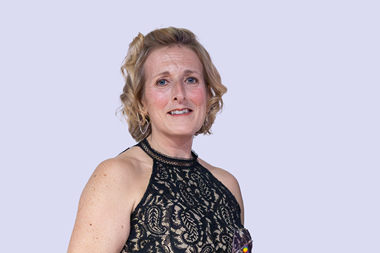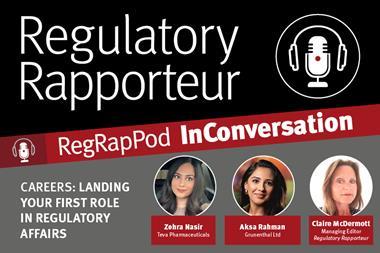Thuy Mason, MPharm Course Director and Senior Lecturer on the BSc Pharmaceutical Science with Regulatory Affairs and the MSc Pharmaceutical Science courses at Kingston University, was a finalist for the ‘Education’ award at the 2024 TOPRA Awards for Regulatory Excellence. In this interview, she discusses the evolution of the courses and the advice she gives students to secure successful careers in regulatory affairs.
Can you tell us a bit about your current role and your areas of expertise?
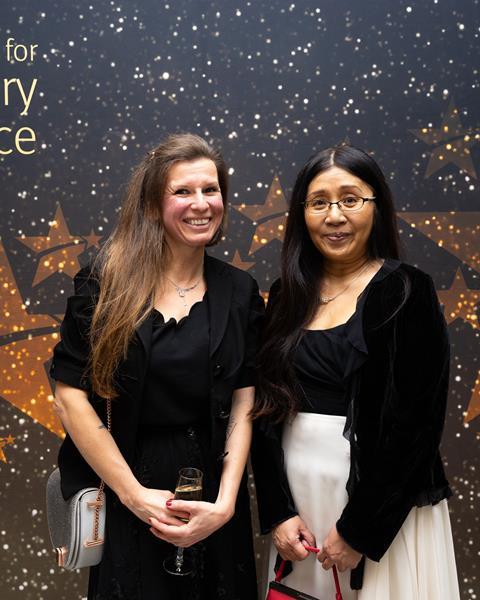
I’m a pharmacist by background and I teach a variety of programmes at Kingston University; for example, the BSc in Pharmaceutical Science with Regulatory Affairs (which now incorporates topics on pharmacovigilance, labelling and medical information) and the MSc in Pharmaceutical Science (which has a focus on pharmacovigilance with some insights into regulatory affairs).
During the pandemic, between 2020 and 2022, I also devised and taught a postgraduate programme in pharmacovigilance for the College of Medicines and Dentistry, aimed at pharmacovigilance professionals in Europe.
My ethos as an educator is always to bring real life examples into my teaching to bridge the gap between theory and practice. For example, I introduced the packaging design process to my students by showcasing products I designed during my time in the pharmaceutical industry. I explained to them why it’s crucial to lay information out in a certain way on a package so that it’s safe and clear for patients. In addition, I shared insights from my experience authoring patient information leaflets, explaining how clear communication is vital for patient understanding and safety. I also critiqued pregnancy programmes that I contributed to for certain drugs, offering students a practical perspective on the complexities of developing such programmes. These initiatives are designed to safeguard patients by outlining the risks of medication during pregnancy and providing guidance to healthcare professionals.
I firmly believe that such practical examples enrich the learning experience by making abstract concepts tangible and demonstrating their real-world applications.
What led you to a career in regulatory affairs?
Initially I worked as a pharmacist, both in the community and in hospitals. I was curious and wanted to explore something new. I was fortunate to join a small firm specialising in generic medicines in the pharmaceutical industry. This opportunity allowed me to gain hands-on experience in areas including pharmacovigilance, medical information, quality assurance and labelling. I never looked back.
Transitioning into education has enabled me to share this diverse expertise and mentor future professionals, helping them to understand the multifaceted nature of the field and prepare them for successful careers. At one point I looked around and I realised that there’s very few regulatory affairs courses out there. So, I said to my colleagues, ‘Why not us?’ and that led to the development of our programme.
How was your course set up?
It was set up in 2018. I was not entrepreneurial enough to know how to set it up myself but I did highlight to my colleagues that there was a demand for it. I really pushed for pharmacovigilance and regulatory affairs and the idea was promoted. Now we have around 50 students. It’s a popular course and it’s great to see that it helps people to secure good jobs.
Has the course evolved much since it started?
I try to add elements to it by reflecting on what employers want and need. Pharmacovigilance and medical information are new additions. It’s not strictly just regulatory affairs, because I think that, to be a professional working in an organisation, you need to understand the whole process. So, we start with the basics and then add variations which help students get further up the career ladder.
‘My advice is always to remain curious, stay focused, continue to learn and actively network.’
All the courses I teach cover ethics. For pharmacy, it is more about treatments and dealing with patients. Courses often include topics such as ethical principles in pharmacy practice, legal standards, and decision-making frameworks to resolve ethical dilemmas.
For regulatory affairs, I make sure the focus is on ensuring compliance with regulatory requirements and maintaining safety standards. This includes understanding the ethical implications of regulatory decisions and the importance of transparency and accountability in the approval and monitoring of medical products.
In pharmacovigilance, I would link ethics drug safety monitoring, adverse drug reaction reporting and risk management.
I make sure students understand their ethical responsibilities as pharmacovigilance professionals to ensure patient safety.
Have you seen a lot of change in the field of ethics over the years?
Definitely. There’s a significant shift towards higher ethical standards in all fields, with demands for transparency from both regulatory and society as a whole. I think it’s part of building trust and credibility. The emphasis on ethics has never been stronger and hopefully that will continue to shape the way we operate within the industry.
What advice do you give students after graduation?
They come to me all the time with queries because it’s a very competitive field out there. My advice is always to remain curious, stay focused, continue to learn and actively network. Obviously, your career path is important, but it’s also important to be able to distinguish yourself from others in the job market. Therefore, I advise students to seek out opportunities whenever there’s a chance and to stay abreast of industry updates. Be proactive; attend conferences and webinars and take opportunities that build professional relationships.
‘I would say the pandemic happened for a reason; it fundamentally shifted our mindset and led to improvements in patient safety’
Do you think the process of pharmacovigilance has changed since the COVID-19 pandemic?
The pandemic has significantly transformed pharmacovigilance for the better. When the crisis unfolded, we had to react quickly and adopt the use of digital tools to help analyse real-time data, making the process more efficient and responsive. Regulatory bodies became more adaptable as well, and we certainly saw collaborative efforts from all stakeholders, because globally, we were united in wanting to tackle the problem.
I would say the pandemic happened for a reason; it fundamentally shifted our mindset and led to improvements in patient safety, as we adapted to more rapid and transparent communication. We learned many valuable lessons that will hopefully prepare us better for future challenges.
You talked about the collaboration between the agencies to make progress. Do you think that will remain in the future?
I hope so, because they say collaboration makes you stronger. United, you win and divided you fall. So, I really hope so.
How do you see the profession changing in the next ten years?
I anticipate significant changes in regulatory affairs and I’m sure that technology will play a greater part. Obviously artificial intelligence (AI) will help us to assemble and analyse data quicker, leading to greater efficiency and better responsiveness.
We’re also gearing towards personalised medicine and hopefully AI can help us to predict genetic profiles. That would also be helpful for global harmonisation, in terms of streamlining processes across regions.
However, we shouldn’t forget that regulatory affairs is a complex area so we shouldn’t become entirely reliant on AI, at least not yet. Human expertise will remain crucial, especially in navigating the nuances of regulation to ensure future safety and efficacy.


